
— August 25, 2025
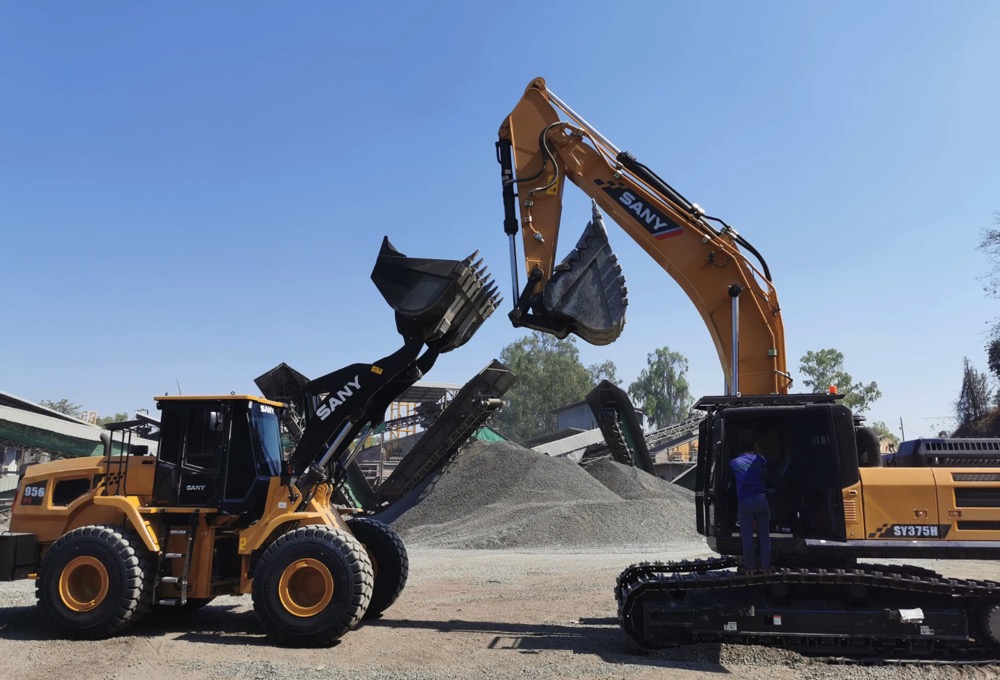
This detailed blog explores the benefits, applications, and pricing of wheel loaders, essential machines for construction, mining, and agriculture. It compares top brands like CAT, JCB, Komatsu, Volvo, Tata Hitachi, LiuGong, and Liebherr, helping buyers choose based on budget, terrain, and application. Also useful for those researching alternatives like a motor grader, poclain machine, or excavator machine.
This in-depth blog discusses the major advantages, uses, prices, and brand contrasts of wheel loaders, which are multi-purpose machines critical to construction, mining, agriculture, and trash handling. It summarizes various wheel loader types (compact through large), their operating benefits such as versatility, lifting capacity, and fuel efficiency, and specifies pricing and maintenance factors. The blog also compares the best brands such as Caterpillar, Komatsu, Tata Hitachi, Volvo, JCB, ACE, LiuGong, and Liebherr to assist the buyer in selecting the best model according to project requirements, terrain, and budget. Suitable for professionals in search of high-performance, reliable equipment.
Wheel loaders are indispensable equipment in material handling and construction. They are easily movable, multipurpose, and have excellent lifting power, and thus are a valuable resource in most industries. In this comprehensive guidebook, we will cover the advantages, applications, price, and comparisons of wheel loaders, ranging from popular brands such as Caterpillar, Komatsu, Tata Hitachi, Hyundai, Volvo, JCB, ACE, LiuGong, and Liebherr.
A wheel loader is a powerful and functional vehicle used mainly to scoop, lift, and move loose substances like dirt, sand, gravel, trash, and ore. It is equipped with a huge bucket at the front mounted on hydraulic arms, enabling it to load material into trucks, move it short distances, or move it around a site. Its mobility, speed, and efficiency in moving loads make it an essential machine in industries like construction, mining, agriculture, quarrying, and waste management.
Wheel loaders travel on rubber tires, making them more maneuverable and quicker to move between work locations than tracked loaders. They do less damage to paved surfaces. They are flexible to steer, making them easy to operate in congested areas, and their powerful engines enable them to perform effectively in rough terrain.
Popular wheel loader manufacturers such as Komatsu, Volvo Tata Hitachi, JCB, ACE, LiuGong, Liebherr, and Caterpillar offer models in all of these categories so that there is a wheel loader for each job and budget.
Wheel loaders are highly effective machines in factories or building sites. They possess robust hydraulics, operate effectively, and can accommodate various attachments, thus being highly useful in various industries. They can load materials, clear debris, or dispose of waste, and deliver with efficiency, reliability, and productivity.
One of the main applications for wheel loaders, construction requires high-performance equipment with multitasking capability:
Highly powerful wheel loaders are extremely important in mining activities:
Agricultural work needs quickness and accuracy, which we get from a wheel loader.
Wheel loaders are beneficial to the world and improve waste management in the following ways:
Take a look at the corresponding models in MechLink to meet your project requirements and enhance productivity.
Wheel loaders are major machinery that are used in every industry because they are strongly built, work effectively, and can perform different tasks. Whenever you use them in your operations, they do things quickly and save you from delays and exhaustion. The following are the major benefits of having a wheel loader in your fleet:
Wheel loaders may have all kinds of various attachments, such as buckets, forks, grapples, snow plows, and sweepers. This makes them extremely versatile.
Wheel loaders are more versatile than track loaders on hard terrain and soft terrain.
Examples are the Caterpillar and Volvo, which are renowned for load efficiency.
Modern cabs are ergonomically structured for effectiveness and security:
Komatsu and JCB loaders are known to offer good distance per liter of fuel.
One must consider its cost implications toward long-term value before purchasing a wheel loader.
| Brand | Key Features & Technology | Main Applications | Popular Models in India |
| Caterpillar (CAT) | High reliability, productivity, fuel efficiency; advanced operator comfort; Performance Series buckets; BS IV emission norms | Construction, mining, material handling | 950 GC, Hindustan 2021E, 988K |
| JCB | Robust, versatile; ergonomic controls; designed for long hours, low maintenance; air-conditioned cabins | Loading/unloading, mining, quarry, infrastructure | 433-5, 440-5 |
| Tata Hitachi | Efficient, reliable; world-class material handling; focus on productivity | Construction, earthmoving | TL 304H, ZW225 |
| Volvo | Innovative, high-performance; fuel efficient; ergonomic design; long boom option | Construction, mining, granite/marble quarry, coal/iron ore | L120H, L350F, L220H |
| Hyundai | Durable, fuel-efficient; ergonomic design; advanced hydraulics | Construction, quarrying | HL930I, HL950I |
| Liugong | Cost-effective, reliable; high productivity; low fuel consumption; GPS and telematics | Crusher, port, plant, coal mining | 856H Max, 818N |
| Komatsu | High-tech, reliable; focus on safety and efficiency | Construction, mining | WA380Z-6, WA500-6R |
| L&T | Durable, efficient; good after-sales support | Construction, infrastructure | 9020 |
| Liebherr | Premium, highly engineered; advanced technology | Mining, heavy construction | L550, L566 |
| XCMG | Value-for-money, rugged; competitive pricing | Construction, infrastructure | ZL55GV |
| ACE | Affordable, basic features; focus on small-to-medium projects | Construction, material handling | ALN 300 |
Choosing the right wheel loader involves considering various things:
Wheel loaders are handy machines that play a significant role throughout most industries. Understanding their advantages, applications, and expenses can assist you in making a sound decision. Caterpillar, Komatsu, Volvo, Tata Hitachi, Hyundai, JCB, ACE, L&T, LiuGong, and Liebherr are some of the brands that offer various models depending on your requirements.
Do you require assistance in selecting an appropriate wheel loader for your project? Contact our experts at MechLink for personalized assistance.
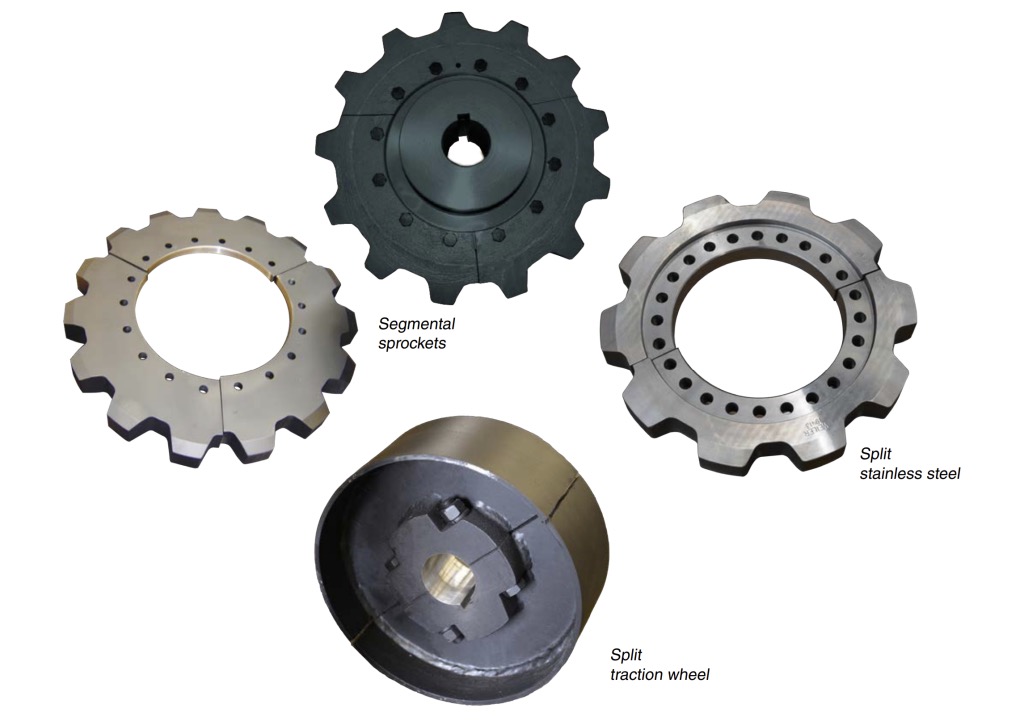
A guide to sprockets in construction equipment: types, functions, maintenance, and more
December 3, 2025
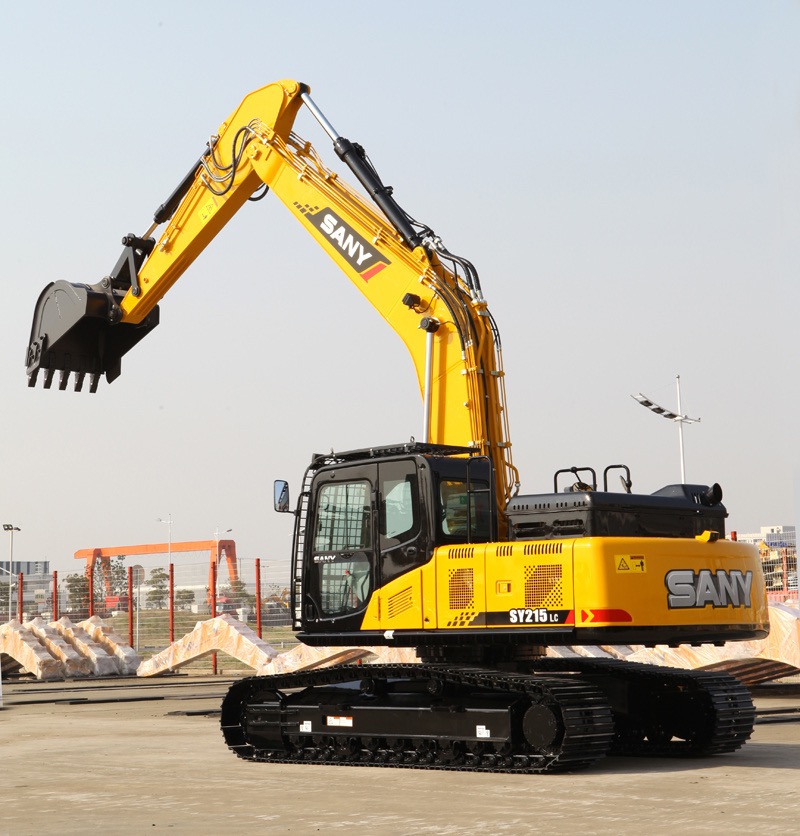
Key components of an excavator arm and how to maintain them
December 3, 2025
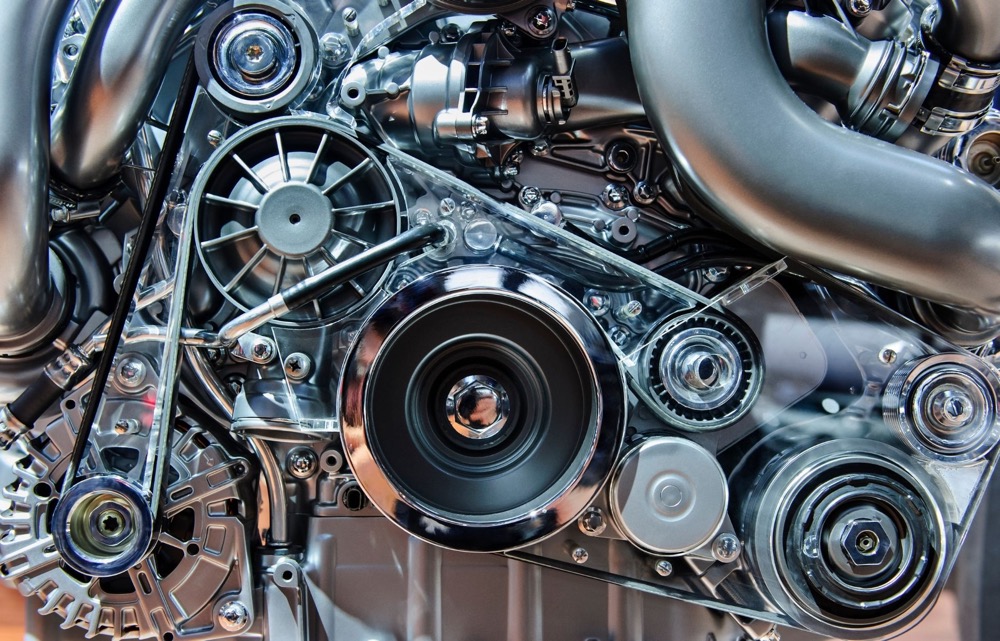
Final drive maintenance tips: preventing issues before it’s too late
December 2, 2025
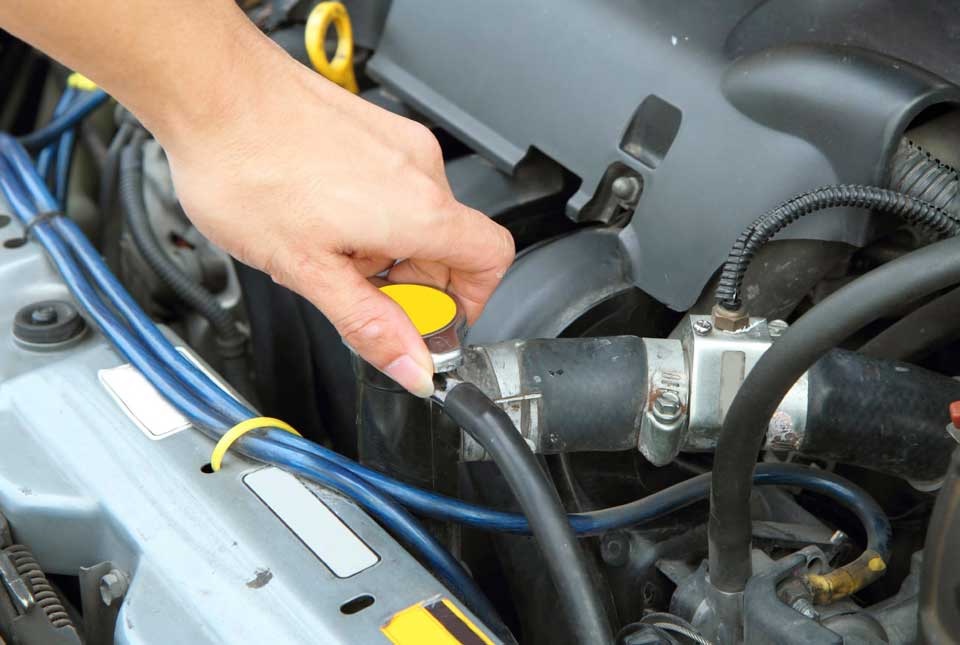
Engine cooling system maintenance for heavy equipment 101
December 2, 2025